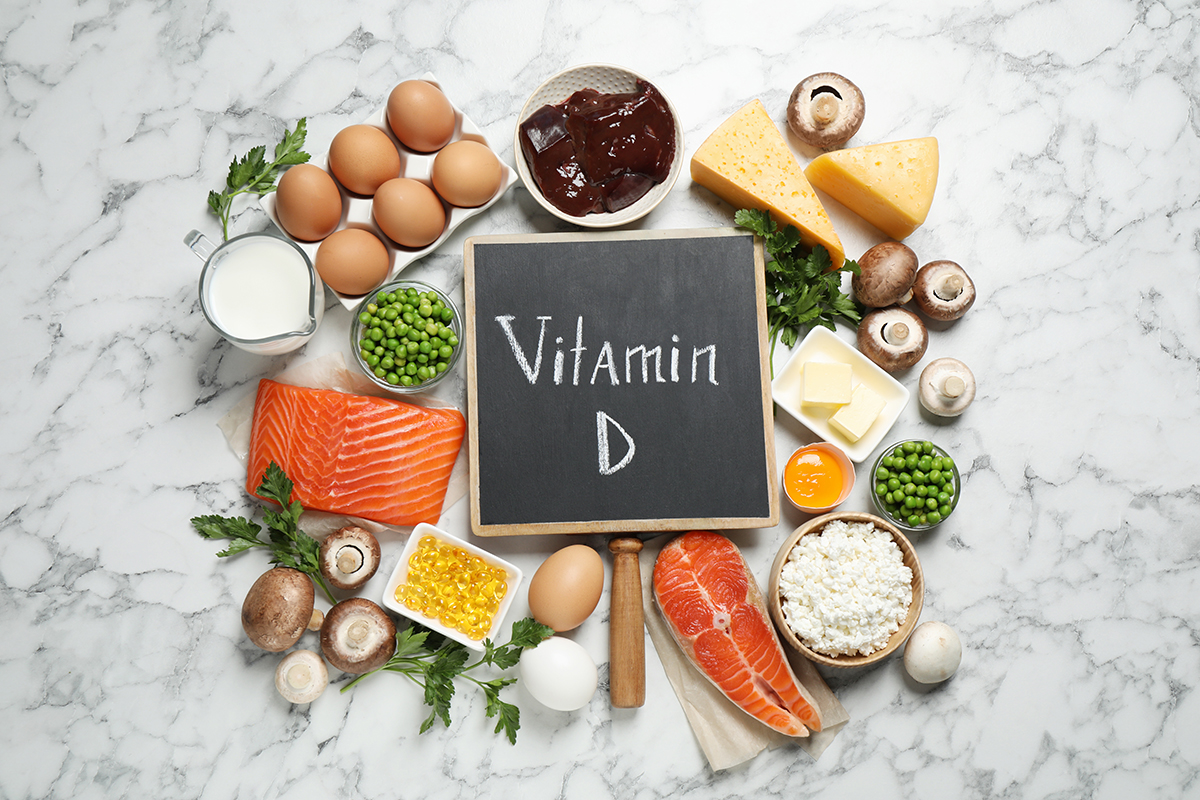Vitamin D is an amazing supplement that can be used to improve your health and manage countless health concerns without negative side effects, which is just one of the many reasons so many people choose to rely on this miracle vitamin. However, there is still a lot of misinformation circulating about Vitamin D and diet trends that can hinder your progress if you’re trying to make major lifestyle changes. To help you clear up any confusion and make the most of your health and life, here are some vitamin D and diet truths and myths that you may be wondering about.
Myth #1
A mere 15 minutes of sun exposure three times a week or 400-1,000 UI per day can help your body produce and maintain all the natural vitamin D you need, regardless of your age, height/weight, or skin color.
The truth is that your vitamin D supplement intake should always be dosed according to your weight, with adjustments made based on your vitamin D blood level. Consult with a doctor or specialist before determining your own personal dosage.
Myth #2
Vitamin D levels between 20 and 50 are considered normal.
The truth is that to achieve ideal vitamin D levels in your body, you need to be between 50 and 70.
Myth #3
Adults require 1,200 mg of calcium per day, while postmenopausal women and elderly adults (65+) require at least 1,500 mg per day.
The truth is that if your vitamin D levels are between the normal range of 50 and 70, and you maintain a well-balanced acid-based diet, you will likely not need additionally supplemented calcium.
Myth #4
Osteoporosis is a condition that begins after menopause as a result of aging.
The truth is that osteoporosis starts before birth. Lack of vitamin D, improper diet, and lack of physical exercise all compromise bone mass development in childhood and leads to osteoporosis later in life.
Myth #5
Excess vitamin D and calcium cause kidney stones.
The truth is that kidney stones are caused by highly acidic diets that result in acidic urine (full of calcium and a breeding ground for kidney stones). Not enough magnesium or potassium in your diet can contribute to this problem.
Myth #6
According to the USDA Food Pyramid, you must have 3-5 servings of grains per day, three servings of dairy, and two servings of either meat or beans (because they are treated the same) – but this is way too acidic for a healthy diet!
The truth is that animals and meat contain up to 90% protein vs. beans, grains, and cheeses that only contain up to 25% each, and you should never confuse your need for whole grains as a need for unhealthy carb-heavy foods like pasta, white bread, and other nutrient-deficient selections that will raise your insulin levels and hinder your ability to properly process vitamin D.
Myth #7
Obesity and weight gain are caused by a simple imbalance of calorie intake vs. calorie expulsion.
The truth is that obesity is cause by a nutrition imbalance. When you are hungry your body craves certain nutrients and minerals. Nutrient-dense food like lean meats, fish, whole grains, fruits, and vegetables will help you feel fuller longer than a high-calorie diet.
Myth #8
A low-calorie diet is the fastest and healthiest way to lose weight.
The truth is that when you don’t consume enough of the right vitamins and nutrients in an effort to lose weight, you end up losing bone and muscle mass in the process. Your body begins stealing vital nutrients from itself. Exercise, however, can help you lose weight and burn fat while also strengthening your muscles and bones.
Myth #9
Autoimmune diseases are mostly genetic disorders.
The truth is that autoimmune diseases, like osteoporosis, are caused by vitamin D and other nutrient deficiencies resulting from dietary imbalance beginning as early as right after conception.
Myth #10
Environmental carcinogens and genetics cause cancer.
The truth is that maintaining a healthy diet and ideal vitamin D levels throughout life can prevent cancer.
Myth #11
Excessive sun exposure causes melanomas.
The truth is that melanomas are a result of overexposure to UVA mixed with a lack of vitamins D.
Myth #12
It’s too expensive to screen everyone for vitamin D deficiency.
The truth is vitamin D deficiency is a serious health risk for millions of people all over the world, and correcting the problem early will prevent any excessive costs resulting from worsened illnesses later on. Not to mention, it will keep countless people from suffering serious illnesses that could have been prevented.
For more information about vitamin D and all the wonderful benefits it can bring to your life, get your copy of Dr. James Dowd’s book – The Vitamin D Cure – as soon as possible! Inside, you’ll find everything you’re looking for and more! If you are looking for experienced and top-rated rheumatologist, call the Arthritis Institute of Michigan today at (810) 225-7553 to schedule an appointment, or simply fill out the form in the sidebar.
